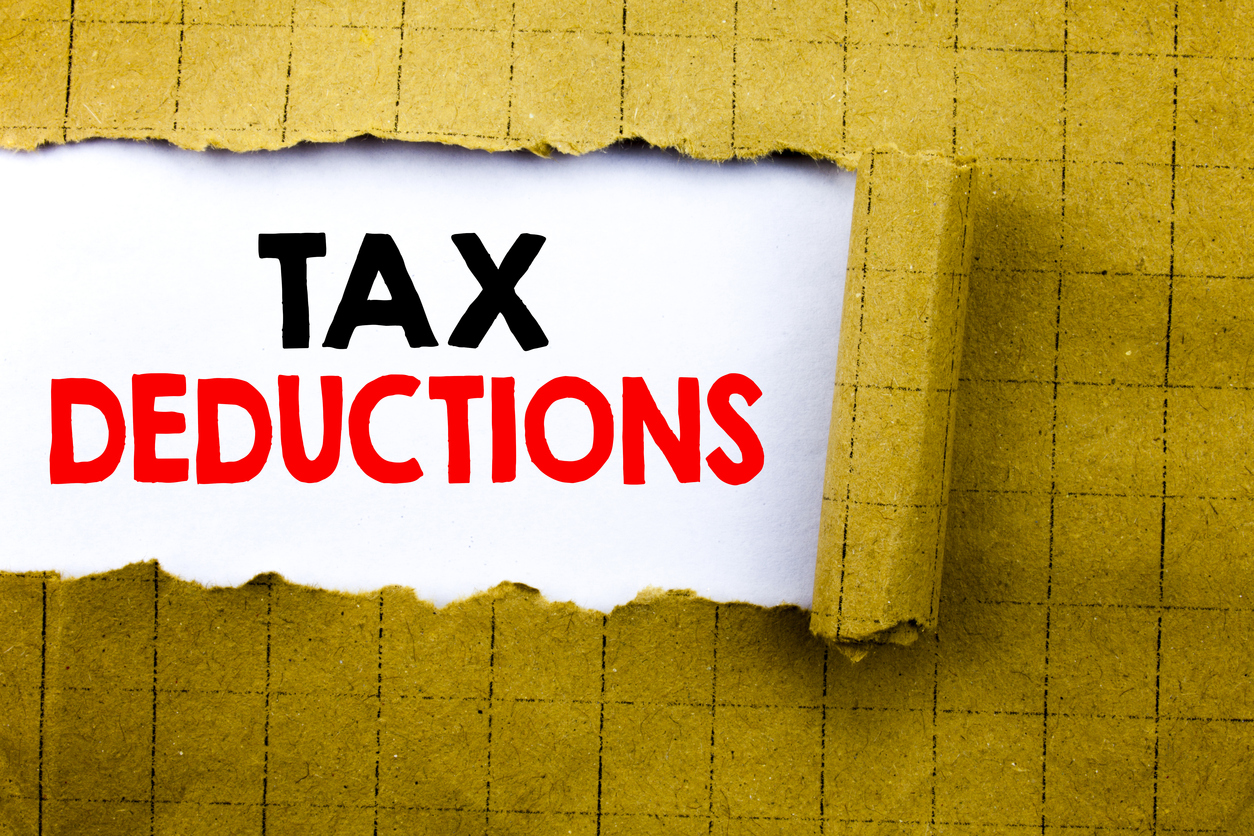Negative Gearing vs Positive Gearing


A common question that property investors ask is: What is the difference between positive and negative gearing?
Investing in property can be a smart move to build your wealth for the long-term. Borrowing money against the equity in your existing home to invest in shares or property, for example, is called gearing. Whether you’re making a profit or loss from your investment will determine if you’re positively or negatively geared.
What is the meaning of negative gearing?
When you borrow money to invest in property, and the income you make from your investment in the form of rental income is less than your expenses to service the investment loan, it’s called a negatively geared investment, because you’re making a loss. The costs include interest repayments and property maintenance costs. You may recoup these short-term losses if you expect future capital gain as your investment increases in value.
An investment loss will reduce your taxable income which can reduce the amount of tax you pay. However, keep in mind that you may require an additional source of funds to cover the extra expenses. This could have a negative impact on your month-to-month cash flow as you also have to factor in the increased debt.
What is the meaning of positive gearing?
Your property investment is said to be positively geared when you borrow money to invest, and the income from your investment is higher than your interest and other expenses. This likely means you’re making a profit and will have extra money in your budget.
This could work well for people whose primary aim is to earn ongoing income and capital growth as the property increases in value over time. However, the extra returns are considered as income and will incur income tax.
Positive vs negative gearing
Negative gearing is a popular method to minimise tax. Claiming a tax benefit on your tax return could be beneficial if you are in a high-income tax bracket. When you’re preparing for tax time as a property investor, it may be possible for you to claim tax benefits against items such as property maintenance, land tax and depreciation.
On the other hand, choosing a positively geared investment will increase your income and improve your overall return on investment. While you can look forward to the positive effect on your cash flow with no out of pocket expenses in owning an investment property, you may have to consider the additional tax implications and the possible capital gains tax you have to pay if you sell the property.
Everyone’s situation is different, and it’s best to seek professional advice before you decide which strategy suits your needs. And when you’re ready to take your first step into the property investment market, our lending specialists are here to help you find the right investment loan.
Mortgage House
At Mortgage House, we’re no strangers to the homeowner’s journey. It’s a long (but rewarding) one.
But don’t worry, we can help with that.
If you’re thinking of investing in property or growing your property investment portfolio, you can contact us for information about the best options for you when it comes to your mortgage.
